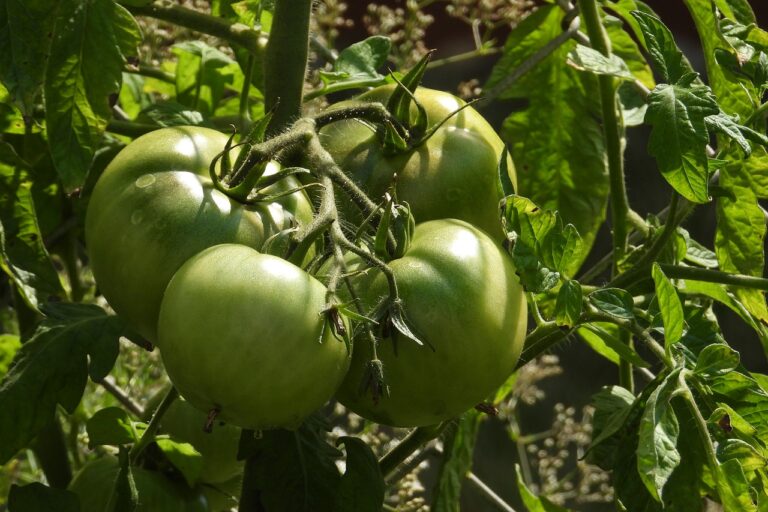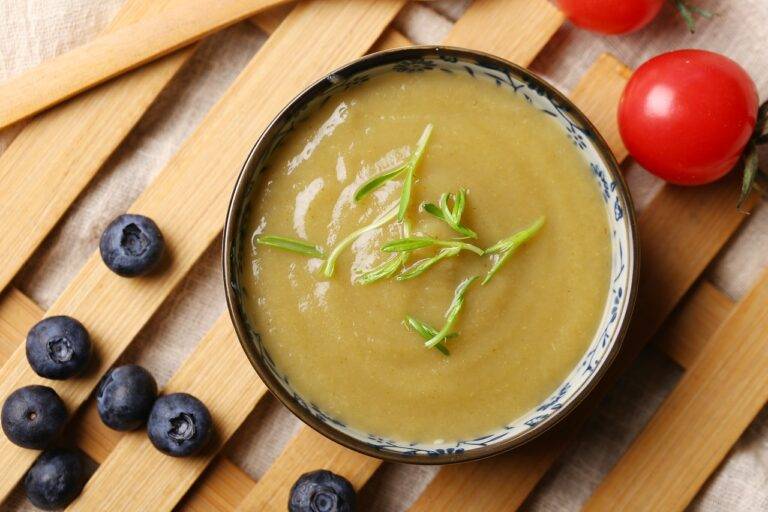The Rise of Food Festivals: Celebrating Culinary Diversity
In recent years, food festivals have seen a surge in popularity worldwide. One key trend is the focus on sustainability and eco-friendly practices. Event organizers are increasingly opting for biodegradable utensils, reusable serving options, and locally sourced ingredients to reduce waste and support the environment. This shift towards sustainability reflects a growing consciousness among consumers regarding the impact of food festivals on the planet.
Another notable trend is the diversification of food offerings at festivals. Beyond the traditional fare, festivals are now incorporating a wide range of international cuisines to cater to diverse palates. From fusion food trucks to pop-up stalls serving ethnic delicacies, attendees can now experience a culinary journey around the globe in one event. This trend not only satisfies the demand for unique and exotic flavors but also fosters cultural exchange and appreciation among participants.
• Sustainable practices such as biodegradable utensils and locally sourced ingredients
• Diversification of food offerings to include international cuisines
• Fusion food trucks and pop-up stalls serving ethnic delicacies
• Culinary journey around the globe in one event
• Fostering cultural exchange and appreciation among participants
Impact of Food Festivals on Local Economies
Food festivals have become a thriving industry that plays a significant role in boosting local economies. These events attract large crowds of both locals and tourists, leading to a surge in economic activity within the host city or region. From increased foot traffic in restaurants and businesses to a rise in hotel bookings, food festivals stimulate spending across various sectors, providing a substantial economic boost.
Moreover, food festivals create opportunities for local vendors and artisans to showcase their products and attract new customers. By offering a platform for small businesses to gain exposure and connect with a broader audience, these events contribute to the growth of the local entrepreneurial ecosystem. This exposure can lead to long-term benefits, such as increased sales, brand recognition, and networking opportunities for vendors, ultimately driving economic growth within the community.
Cultural Exchange Through Food Festivals
Food festivals serve as a platform for cultural exchange, allowing people from diverse backgrounds to come together and celebrate their unique food traditions. Through the sharing of culinary delights, attendees not only get a taste of different cuisines but also gain insights into the customs and rituals associated with them. This exchange fosters a sense of unity and appreciation for the rich tapestry of cultures that make up our global community.
Moreover, food festivals provide an opportunity for participants to engage in meaningful conversations with food vendors and chefs, deepening their understanding of the cultural significance behind the dishes being offered. This interaction goes beyond just food; it opens doors for dialogues on heritage, history, and identity, creating a space where cultural barriers are broken down and connections are forged through a shared love for gastronomy. In this way, food festivals play a vital role in promoting cross-cultural understanding and fostering a sense of belonging within a diverse society.
What are some key trends in the food festival industry?
Some key trends in the food festival industry include the rise of niche food festivals focusing on specific cuisines or dietary preferences, the emphasis on sustainability and local sourcing, and the integration of technology for ticketing and marketing purposes.
How do food festivals impact local economies?
Food festivals can have a positive impact on local economies by attracting tourists and visitors, stimulating local businesses such as restaurants and vendors, and creating job opportunities for residents. They also help promote the cultural identity of a region and showcase local culinary traditions.
How do food festivals promote cultural exchange?
Food festivals promote cultural exchange by bringing together people from diverse backgrounds to celebrate and appreciate different cuisines, cooking techniques, and food traditions. They provide a platform for sharing knowledge, experiences, and stories related to food, fostering cross-cultural understanding and appreciation.







